
Haiti, Latin America: Week in Review
Cholera Outbreak In Haiti Widens; Fears Over Outbreak In Port-au-Prince
October 25, 2010 By Staff
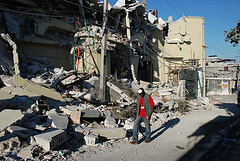
Haiti's capital of Port-au-Prince, which was devastated by a 7.3 magnitude earthquake on Jan. 12.
Today in Latin America
Top Story — The cholera outbreak in Haiti has claimed the lives of more than 250 people and infected over 3,000 as fears rise that the outbreak will spread to the earthquake-ravaged capital of Port-au-Prince.
The outbreak, which was first identified late last week, is centered in the Lower Artibonite region, north of of Port-au-Prince and is believed to have originated from a local river. Cholera, which causes diarrhea and vomiting that leads to severe dehydration, can kill a person within hours if untreated.
There have been five cholera patients in the Haitian capital, but they have so far been isolated incidents. Authorities worry that widespread poverty and poor sanitation, due in part to the massive earthquake earlier this year, could allow the outbreak to spread quickly throughout the city.
“It’s not difficult to prevent the spread to Port-au-Prince. We can prevent it,” said Health Ministry director Gabriel Timothee, according to The Associated Press. Haitian officials over the weekend were optimistic that the bacterial disease could be confined to the rural areas.
Cholera has not been present in Haiti since the 1960s and health officials did not predict that it would reemerge in the country. However aid workers are ready to respond to the outbreak with supplies of clean water being trucked in and cholera clinics set up to provide specialized, contained treatment for the sick.
Doctors Without Borders (MSF) is in the Artibonite region where 20 staff members are working to save sick patients and prevent the bacterial disease from spreading.
“There are significant numbers of patients in St. Nicholas Hospital in St. Marc, which does not have the capacity to handle a cholera emergency,” said Federica Nogarotto, MSF emergency coordinator in St. Marc, Haiti. “The most important thing is to isolate the cholera patients there from the rest of the patients, in order to best treat those people who are infected and to prevent further spread of the disease. This will also enable the hospital to run as normally as possible. We are setting up a separate, isolated cholera treatment center now.”
Just Published at the Latin America News Dispatch
- Peruvian presidential candidate Ollanta Humala outlined his nationalist program on Thursday in New York, saying it would transform Peru from a mineral exporting country to an industrialized country that privileges the internal market.
- With it the nation’s toughest state immigration law, Arizona has taken center stage in the national debate about immigration as the midterm elections approach. Molly O’Toole reports from Arizona in a three-part series.
- The threat to freedom of the press posed by Mexico’s drug cartels begs a bilateral response, a panel of journalists and press freedom groups said in New York Tuesday. Andrew O’Reilly has more.
- Protesters demand restraints on federal involvement in immigration enforcement in New York City jails, reports Alison Bowen in Beyond Borders.
Headlines from the Western Hemisphere
North America
- The Homeland Security Department’s internal watchdog is unable to verify federal money for an immigration enforcement program was spent as Congress intended, according to a report issued Friday.
- In a recent poll of likely voters in California, 48% said immigrants are a benefit to the state, and 59% said undocumented immigrants who have held a job here for two years should be allowed to stay.
- Mario Vázquez Rana, the Mexican media magnate who has headed the Association of National Olympic Committees for 31 years, was re-elected this week to another four-year term.
- California’s referendum on legalising cannabis has divided Mexico into those who consider it a potentially catastrophic betrayal and those who think it could signpost a way out from the horrors of the drug war.
- Julio Hernández Cordón’s musical drama “Marimbas del Infierno” (Marimbas From Hell) won best pic at the Morelia International Film Festival Saturday – its closing day.
Caribbean
- The devastating January earthquake in Haiti did little to ease future risks for the struggling country, new studies conclude.
- The wife of an American contractor detained in Cuba nearly a year ago has sent a letter to President Raúl Castro, apologizing for her husband’s actions and pleading for his release.
- Puerto Rico’s lawmakers approved legislation over the weekend to implement a temporary tax on offshore manufacturing firms in the recession-hit U.S. territory.
- Since January’s earthquake, at least 7,300 Haitian children have been smuggled into the Dominican Republic, traffickers and child advocates say.
- Barbados Prime Minister David Thompson died Saturday at his private residence of pancreatic cancer, the government announced.
Central America
- Former Guatemalan congressman Manuel Castillo proclaimed his innocence Thursday on charges that he and eight others (including two former police detectives) killed three members of Central America’s regional parliament in 2007.
- Guatemala received a $120 million loan from Japan to build roads, the Guatemalan president’s office announced.
- Four women, three of them believed to be minors, were slain in a town in central El Salvador, though who the murderers were or why they did it remain unknown, the National Civilian Police, or PNC, said.
- The Ministero de Seguridad Pública, José María Tejerino, said on Saturday that an operation on the border of Nicaragua and Costa Rica has ended and that the border between the Central American countries is back to normal. On Friday, a group of heavily armed police were dispatched to the border following reports of incursions by Nicaraguan soldiers on Costa Rican soil.
- Panamanian President Ricardo Martinelli Saturday called on the Taiwanese government to grant visa-free status to Panamanian citizens in return for the measures his government has put in place for Taiwanese tourists.
Andes
- The mountain holding one of the world’s greatest silver deposits is at risk of collapse after five centuries of exploitation, Bolivian officials say, calling for moves to save the historic site.
- An Ecuadorean man has won Spain’s first national siesta championship.
Southern Cone
- A tornado in Argentina killed four people and injured 110 on Thursday afternoon near the Paraguayan border.
- Victims of the Chilean earthquake, which left at least 521 dead in February, say that their plight has been ignored since the rescue of the 33 trapped miners.
- Brazil is urging African nations to switch to South America’s digital standard as Africa converts from analog to digital TV.
- An Argentine delegation was recently in Doha, Qatar to convince an influential member of FIFA’s executive committee there to grant Argentina and neighbor Uruguay the 2030 World Cup.
Image:
Subscribe to Today in Latin America by Email
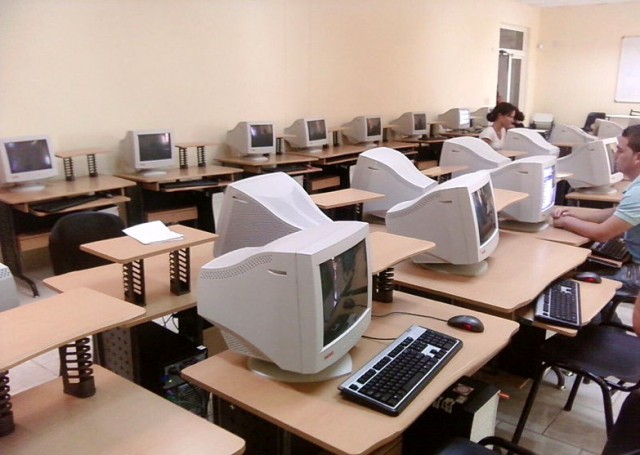
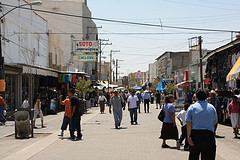
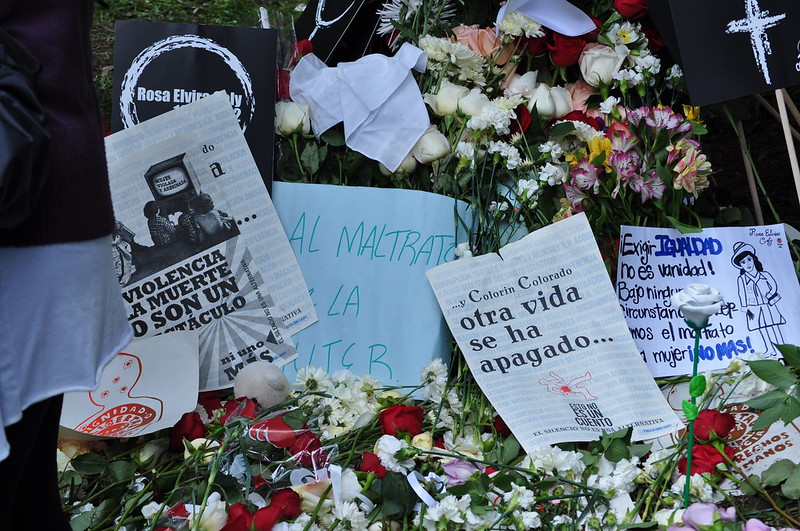
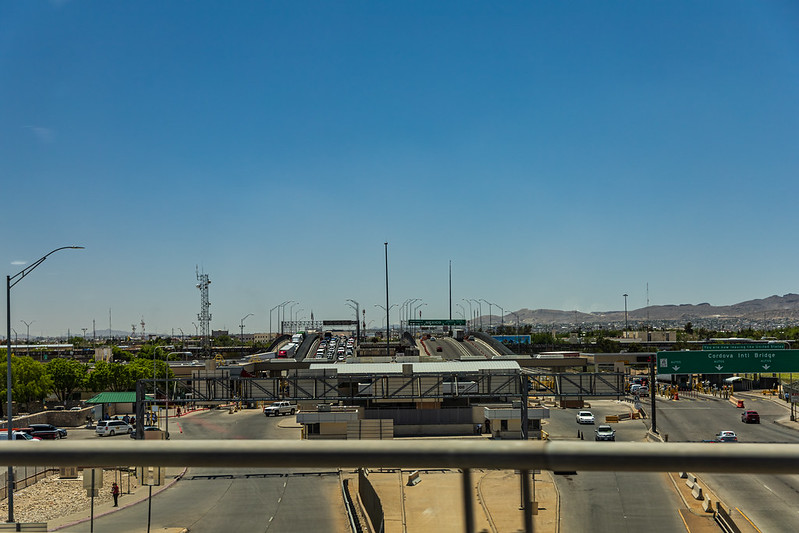
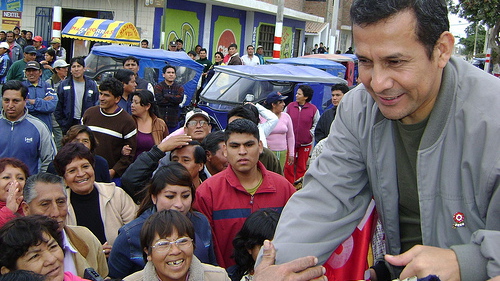
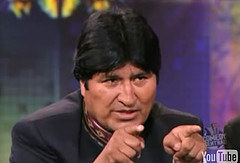
2 Comments
A simple solution to Haiti cholera outbreak!
[…] The destruction that the storm could cause has many health workers worried about the possible risks it could cause, especially as Haiti is in the midst of a cholera epidemic. […]
Comments are closed.